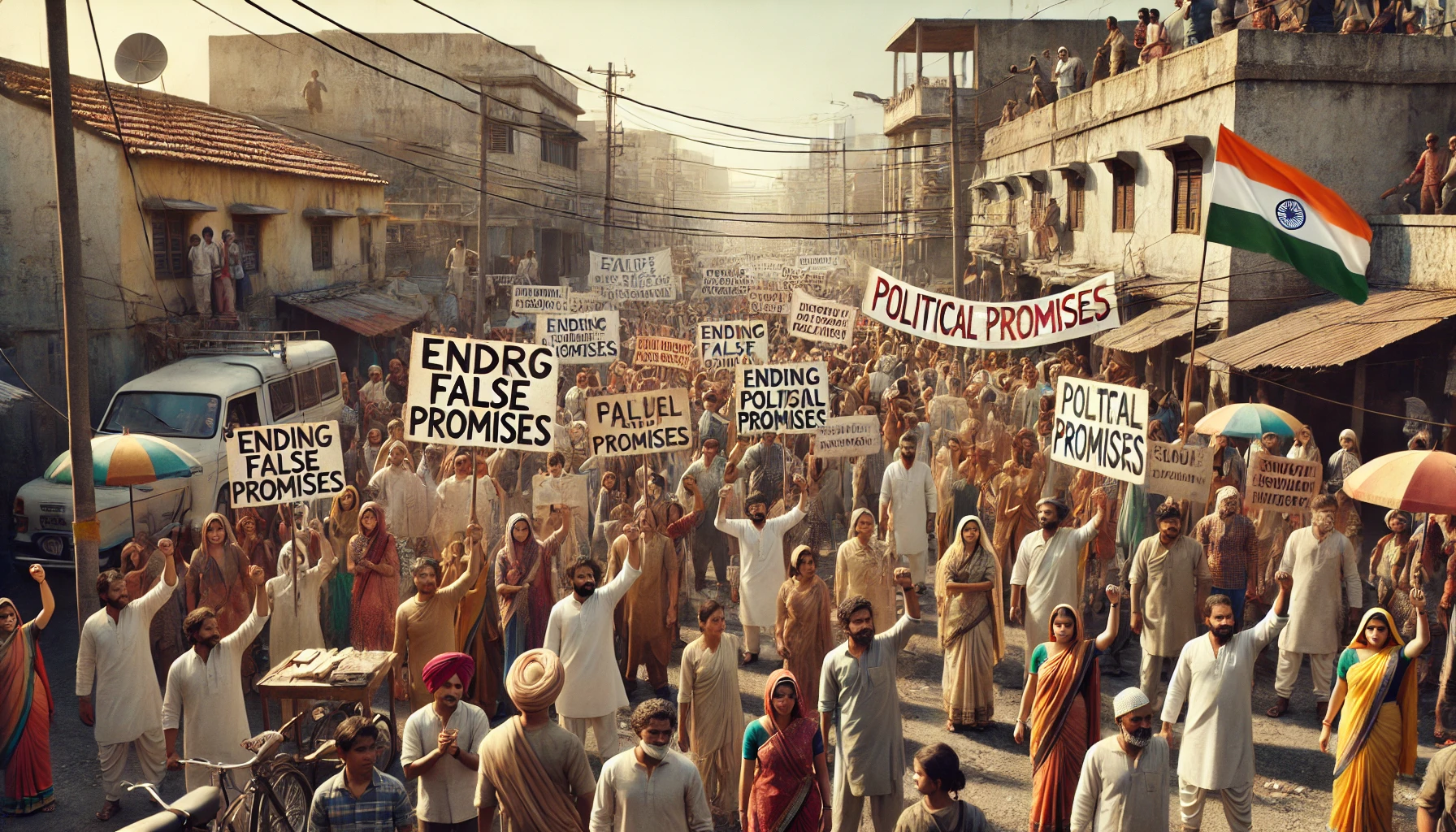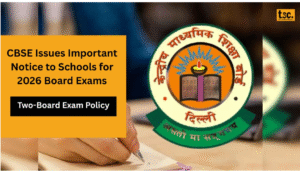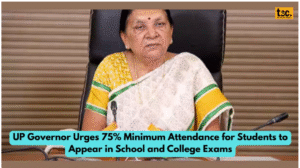It’s Time to End the Political Cycle of False Promises: A Revolutionary Reform India Needs Now

India may have broken the chains of colonial rule in 1947, but the truth is—we are still living under its shadow. For centuries, we were invaded, divided, and ruled. Today, even in our own democratic setup, traces of the colonial mindset remain strong. The very people who are meant to be public servants—civil servants and leaders—often behave as if they are the supreme authority. The system that was built to serve the people is now controlled in a way that often makes citizens feel like they exist to serve the system.
Since childhood, I’ve wondered—and even now, as an entrepreneur, I still ask—how politics in our country runs on such a predictable and damaging loop. Every election season, leaders announce grand plans and make promises that ignite hope. But when their term ends, most of those promises are nowhere to be seen. Then, with surprising confidence, they return with a fresh set of promises—often more exaggerated than before.
The opposition, during its time out of power, focuses entirely on exposing scams, corruption, and failures of the ruling party. But once they win, the script repeats itself. This has been the pattern since independence, and it is one of the reasons why the old “divide and rule” strategy still works in India—just with different faces and different slogans.
The biggest losers in this endless game are the common citizens. Every five years, a new government arrives with new schemes, new rules, and new slogans. Sometimes even the education system is overhauled—not for genuine improvement, but to reflect the ideology and thought process of the ruling party. Syllabus changes, policy shifts, and inconsistent priorities disrupt the nation’s long-term growth.
This cycle needs to break. And here’s how it can.
A Law to Hold Political Promises Accountable
Imagine a law that requires every political party to register all their election promises, policies, and five-year plans as a legally binding agreement with the High Court or Supreme Court before campaigning. This document would not be a mere manifesto—it would be a contract between the party and the judiciary, witnessed by the nation’s highest legal authority.
Once approved, this agreement should be shared digitally with every citizen. People would then compare each party’s vision—just like investors study business pitches—looking at the feasibility, investment, and execution plan. This would force parties to think practically, budget responsibly, and commit only to what they can deliver.
And here’s the key—if the winning government fails to fulfill these commitments without valid, transparent reasons, strict legal action must follow. This could include penalties, disqualification from contesting future elections, or even criminal charges in cases of deliberate deception.
Turning Citizens Into Decision-Makers, Not Just Voters
If implemented, this reform would shift power back into the hands of the people. Citizens would no longer vote based on speeches and slogans, but on clear, measurable plans—just as an entrepreneur must convince investors before getting funding. Politics would stop being a competition of who can make the loudest promises, and become a test of who can deliver the best results.
Why This Change Is Urgent
Without such a law, the cycle will continue: new leaders, new promises, new disappointments. And with every rotation, our development suffers, our institutions weaken, and our unity is tested. The colonial mindset of ruling over people—rather than serving them—will never truly end until we hold our leaders accountable to their own words.
India is home to over 1.4 billion dreams. We cannot afford to let them be crushed every five years by empty promises and political games. It’s time for a democracy that doesn’t just run on votes—it must run on vision, delivery, and accountability.








